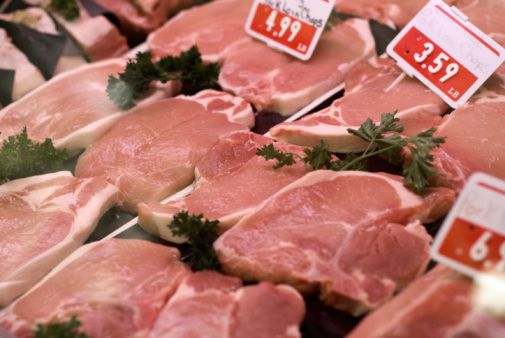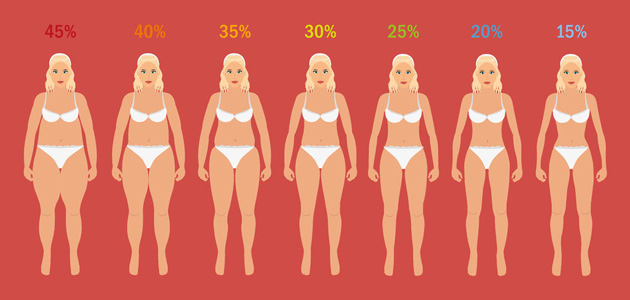Weight Loss Myth? Eat Each Food Group Separately for the Healthy Digestion
People around the world are becoming more and more health conscious--and recently, there has been an increase in the amount of demand regarding information on the digestion process and what this means for good health and optimal growth. One myth that surrounds this topic includes the myth that eating each food group separately is important for healthy digestion. But is there really truth behind this statement? And if so, what does it mean for dieters versus people who simply want to maintain good health? This article discusses the truth behind digestion in the different food groups, and tackles the question--does eating each food group separately really result in healthier digestion? Be sure to read this article before heading to the grocery store or grabbing your next meal! It is sure to impact your choice both today and in the future.
How are Foods Made
Before we begin to answer the question regarding whether or not it is a good idea to eat each food group separately for healthy digestion, it is important to understand what is really in each food group and how these products are digested. Let's start with fruits and vegetables. Typically, fruits and vegetables are composed of two products--fiber, which is an indigestible nutrient and very slow digesting and carbohydrates, which can digest quickly or rapidly depending on the type of fruit or vegetable being consumed. Breads and grains are very similar to fruits and vegetables in that the type of carbohydrate found within these products varies quite a bit depending on the type of bread or grain. In comparison to fruits, vegetables, and grains, items that fall into the meat group are typically composed to either protein, which is slow digesting, and fat, which digests quickly. Similarly, dairy products are typically composed of both protein and fat. So what should this explanation of the components of the different food groups told you? Mainly, that nearly every food that you will come across is composed of some combination of fat, carbohydrate, and protein, all of which digest differently. While there may be some subtle differences between them, for the most part every type of food is digested in the same manner.
The Verdict
This myth is just that--a myth. In reality, eating each food group separately will have no impact on your digestion. In reality, the only way that foods can be manipulated in regards to the manner in which they digest is in regards to dieting. As discussed above, fruits, vegetables, and whole grain breads contain high amounts of dietary fiber, which is both slow digesting and "bulky," meaning that it takes up a lot of room in the stomach. This is great if you are on a diet because these foods create a feeling a satiety, preventing overeating and helping to keep you feeling fuller for a longer period of time. But unfortunately, eating fruits and vegetables separate from other items will have no impact on how the items are digested.
-
Four Easy Formulas of Weight Loss
Control on calories is the ultimate goal
-
The Function of Sauna Suits
Sauna suits are used for weight loss and conditioning by professio
-
Eat Fried Foods, Lose Weight & Feel Great
When it comes to eating fried chicken and catfish, it’s
-
5 Tips to Lose Weight for the Big Day!
These 5 simple tricks will help you take in less calories and feel
-
Walking Can Seriously Improve Your Health And Help You To Lose Weight
This article is about weight loss and how to live a more healthy life,
-
Tom Venuto shows the way to Burn the Fat Feed the Muscle
There has been a great deal of press written about Burn the Fat Fee
- DON'T MISS
- Lose Stomach Fat Ideas
- Pregnancy Weight Loss – 3 Powerful Ways To Motivate Yourself
- Young Wrestlers Fast Sweat To Make Weight
- Do You Really Need Another Fat Burning Tip
- How to Lose Belly Fat Quickly – The Best Tips Ever
- Loose Weight Now With Hcg Weight Loss Program
- Consumer Health Awareness Gives You the Skinny on Fat Burning Foods
- Tava Tea Blend of PuErh, Oolong and Sencha Chinese Teas
- Water
- New Findings are a Major Motivator for Men to Lose Weight




